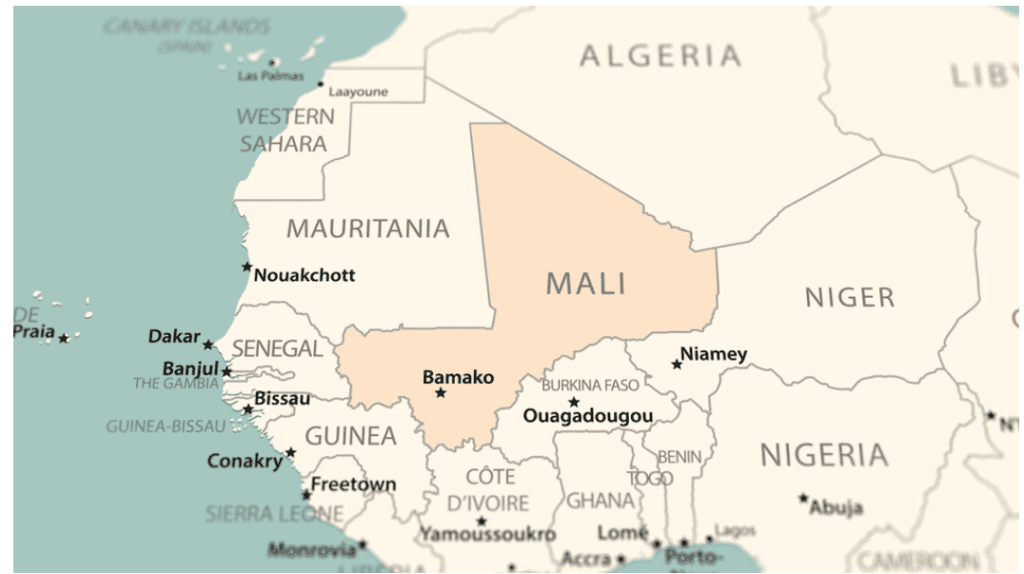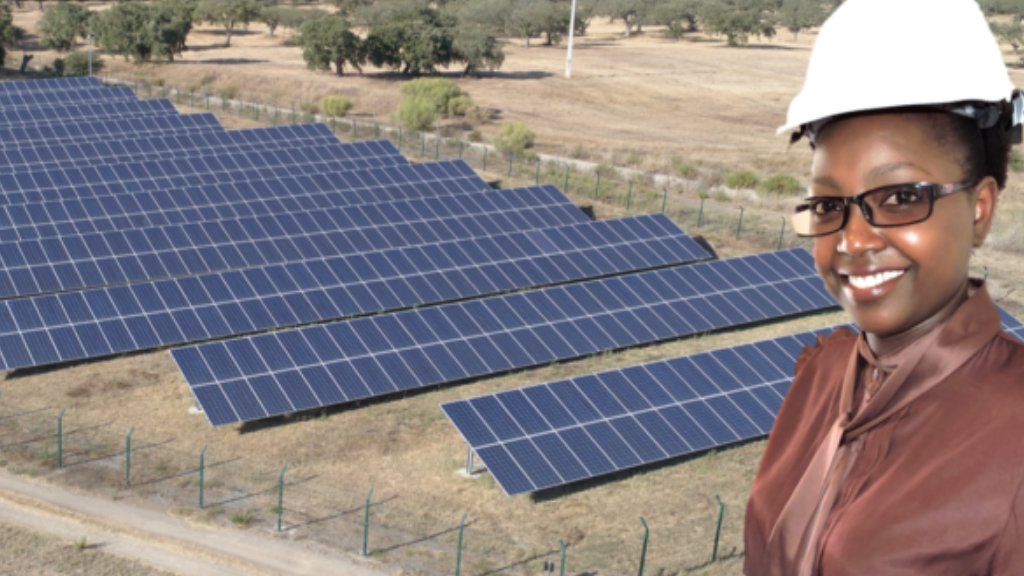The wind energy division of Russia’s energy giant Rosatom, NovaWind, has begun construction of a 200 megawatt (MW) solar power plant in Mali, according to Bintu Kamara, Mali’s Energy and Water Resources Minister. The US$217 million project will increase electricity production in Mali by 10%.
The facility, which will extend over 314 hectares of land in Sanankoroba, near the capital, Bamako, is the largest in West Africa, and will significantly reduce Mali’s electricity shortages. At present, 70% of Mali’s electricity is produced from thermal plants.
According to latest World Bank data, approximately half of the country’s 21.9 million people have access to electricity. The former French colony’s authorities have committed to increase access to 90% by 2036, with urban access at 100% and rural access at 55%.
During the signing of the agreement with NovaWind for the photovoltaic solar power plant in March, Malian Minister of Economy Alousseni Sano said that relying on thermal power was costly and has weighed heavily on the country’s finances.
Construction work will take a year; the station is expected to operate for two decades. It will be under the full control of Mali’s Ministry of Energy ten years after it is inaugurated for operation.

The Malian government has said the collaboration with Russia on the solar project “represents a significant step towards diversifying the Malian energy mix and reducing its dependence on fossil fuels.” Mali’s military government has called Russia a “strategic and sincere partner” after severing ties last year with the country’s former colonizer, France. Last October, Mali also signed an agreement with Moscow to develop civil nuclear power.
In March, Mali, Burkina Faso, and Algeria, signed several agreements for developing nuclear energy cooperation with Rosatom.
Further Reading
Mali To Use Russia’s MIR Payment System
Continue Reading





 Русский
Русский









